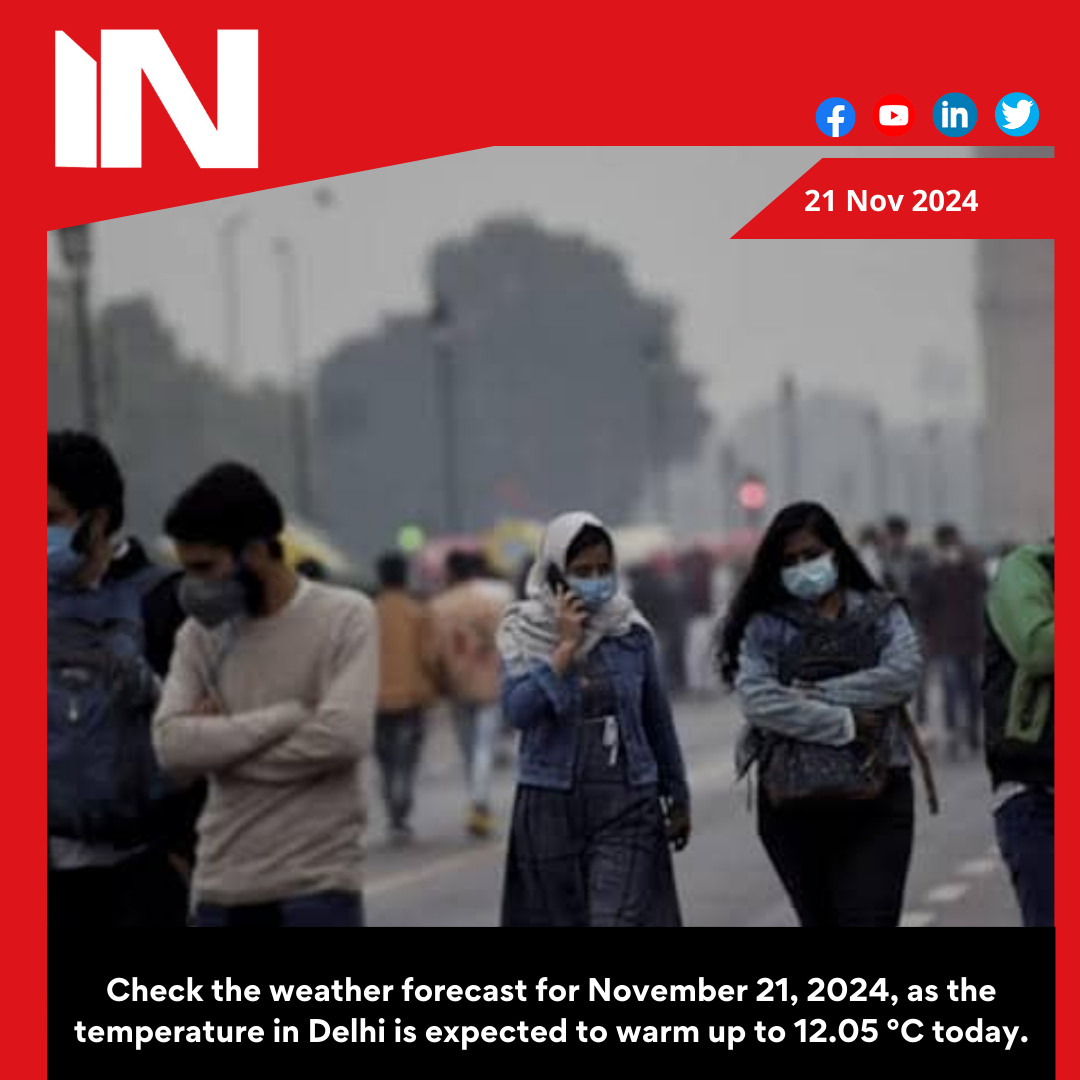India Hot Topics
CoronaVirus Update: With over 67,000 new cases, country crosses 32 lakh mark

In the 24 hours ending 9 am Wednesday, India recorded 67,151 new cases of the novel coronavirus and 1,059 deaths. This takes the country’s tally to 32,34,475 Covid-19 cases, including 7,07,267 patients who are under treatment, 24,67,759 who have recovered and 59,449 deaths, the Union Health Ministry said.
Fresh guidelines for Unlock 4.0 are expected to be announced in the coming days. The Metro service in Delhi NCR, suspended since March 22 in the wake of the outbreak, is likely to resume in September, an official of the Ministry of Home Affairs said.
What About The Oxford”s Corona Vaccine ?
Trials for the Oxford University’s vaccine, developed in collaboration with AstraZeneca, will begin in India on Wednesday. Six volunteers will be administered doses at Pune’s Bharati Vidyapeeth medical college and hospital. This is phase-2 of the trial, as it is not mandatory to conduct phase-1 trials in India, where the vaccine’s safety is assessed.
What About Other Vaccines ?
In other vaccine-related news, the Centre is in talks with Russia over its vaccine for Covid-19, called Sputnik-V. “As far as Sputnik-V vaccine is concerned, India and Russia are in communication. Some initial information has been shared,” Health Secretary Rajesh Bhushan said at a press conference.
Worldwide CoronaVirus
Meanwhile, over 23 million people have been infected with the novel coronavirus across the world, including over eight lakh who succumbed. The World Health Organization (WHO) has taken note of reports that a Hong Kong man became infected twice, the first documented cases of re-infection, saying it provided important information for scientists studying immunity and developing a vaccine.
Tap To Explore More : Money Control
Also Read : Publisher Garuda gets over 15k pre-orders in a day for Delhi riots book,Bloomsbury cancelled
health and remedies
Train smarter, not harder: How taking occasional breaks from gym can revolutionise your fitness routine

Taking regular breaks from intense training, like deload weeks, helps your body recover, preventing fatigue and injury, and ultimately boosts fitness gains.
When it comes to getting fit, the idea of spending hours at the gym might come to mind, but many fitness experts argue that taking a “deload week” every six to eight weeks is actually key to improving your fitness gains. A deload week involves reducing the intensity of workouts to allow the body to recover from the fatigue and muscle damage caused by intense training.
While high-intensity training helps build strength and fitness, it can also lead to muscle strain, and without adequate recovery, these gains can’t fully materialise. Deload weeks give the body much-needed rest to repair and rebuild, ensuring continued progress. (Also read: Bhagyashree swears by this super easy exercise for instant leg pain relief and better mobility. Watch how to do it )
Why recovery is key for muscle growth
According to an article by The Conversation, intense exercise can cause tiny tears in muscle fibres, leading to inflammation that requires rest or low-intensity exercise to heal. This inflammation is essential for muscle growth and fitness improvements. However, without proper recovery, muscles remain in a state of slight damage, preventing inflammation from resolving. This chronic state of inflammation can hinder muscle function, reducing oxygen efficiency and impairing performance. Giving muscles time to recover through rest ensures they repair properly and are primed for continued progress, setting us up for greater success in our fitness journey.
Many gymgoers fear taking time off and are worried it will lead to a loss of gains. However, research shows that muscle genes have a “memory imprint,” which keeps them in a semi-prepared state. This allows muscles to respond more quickly and effectively to future training, promoting growth after a rest period. Even after extended periods of reduced intensity, up to seven weeks, muscular fitness can be restored to prime condition—and in some cases, surpass previous levels. Interestingly, recovery can occur twice as fast as it took to reach peak fitness initially, even if some strength is lost.
Taking time off from intense training is crucial to prevent muscle soreness and avoid overtraining syndrome. Overtraining occurs when the body doesn’t get enough rest, leading to prolonged fatigue, decreased performance, and mood disturbances. Symptoms develop gradually, making overtraining difficult to recognize until it’s severe. Rest is essential to avoid these issues and ensure long-term progress in training.
Role of overtraining syndrome and deload weeks
Overtraining syndrome is challenging to quantify due to its vague symptoms. Studies suggest it may affect as few as 10% of elite athletes, though rates could climb to 60% among highly competitive individuals. Recovery is essential for both fitness and overall health. When engaging in heavy gym routines, it’s vital to incorporate sufficient recovery time into your workout plan. Unlike rest days, which involve little to no exercise once or twice a week, deload weeks feature lighter training at reduced intensity—typically about 50% fewer workouts or a 20% drop in workout intensity.
Both rest days and deload weeks are essential for recovery and crucial to improving fitness. It’s not about choosing one over the other—they complement each other. For instance, intense training for marathons, Ironman, or CrossFit competitions requires weekly rest days alongside scheduled deload weeks. However, for recreational gym-goers exercising 1–3 times weekly at a moderate intensity, the recovery from this routine is often sufficient without the need for additional deload weeks.
Fitness influencers recommend incorporating deload weeks into training schedules every 4–8 weeks, aligning closely with the expert advice of 4–6 weeks. However, it’s crucial to listen to your body and schedule deload weeks as needed. If your performance plateaus or worsens, it may signal time for a deload. Training plans should be flexible enough to allow rest when required. Deload weeks not only enhance performance but also support overall health.
Disclaimer: This article is for informational purposes only and not a substitute for professional medical advice. Always seek the advice of your doctor with any questions about a medical condition.
Group Media Publications
Entertainment News Platforms – anyflix.in
Construction Infrastructure and Mining News Platform – https://cimreviews.com/
General News Platform – https://ihtlive.com/
-

 india1 month ago
india1 month ago‘My support will be with new J&K govt’: L-G Manoj Sinha ahead of Omar Abdullah’s oath-taking ceremony
-
.jpg)
.jpg) Politics1 month ago
Politics1 month agoNew BJP government to take oath in Haryana on Oct 17, PM Modi to attend
-

 Sports1 month ago
Sports1 month agoScore for the third day of the first test between India and New Zealand: Ravindra-Southee crushes IND, NZ leads by 299 at lunch
-

 TV1 month ago
TV1 month agoPrince Narula and Yuvika Chaudhary share first pic with newborn daughter from hospital. See post
-
.jpg)
.jpg) In News2 weeks ago
In News2 weeks agoSpiceJet announces 8 new flights to connect Jaipur with Varanasi, Amritsar and Ahmedabad
-

 Business2 weeks ago
Business2 weeks agoOpenAI buys new domain chat.com for over $15 million, it redirects to ChatGPT
-

 World News2 days ago
World News2 days agoWho is Harun Abdul-Malik Yener? Florida man arrested over bomb threat to New York Stock Exchange
-

 Entertainment.1 month ago
Entertainment.1 month agoMassive data breach at Game Freak studios reveals shocking new dark Pokemon movie plot

.jpg)






.jpg)


















